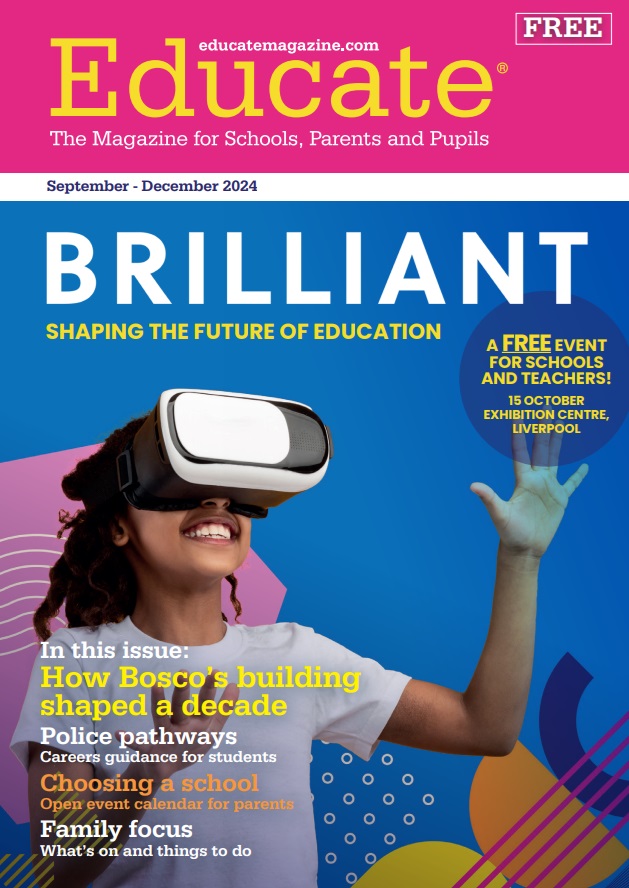School groups should be assessed on pupil inclusion, not just exam results

A new paper from the Education Policy Institute (EPI), supported by the National Education Union (NEU), calls for multi-academy trusts and other school groups to be judged on a wider range of measures relating to pupil inclusion to allow for more informative comparisons.
School groups – such as academy trusts, federations, dioceses and local authorities – are a central fixture of England’s school system today. Previous research has measured the effectiveness of these groups, but this has mainly focused on pupil progress and attainment.
The EPI paper argues that solely focusing on these measures has serious limitations and can lead to exclusionary practices, such as not admitting vulnerable children, excluding them or “off-rolling” them before they sit their GCSEs.
As part of a wider project which aims to highlight effective school groups, the research paper proposes that school groups should be judged on positive examples of pupil inclusion, alongside progress and attainment.

The inclusion measures proposed – based on school choice, attendance and exclusions and pupil achievement – would serve as a means for school groups to benchmark their progress against others and identify improvements.
EPI is seeking feedback on the proposed measures of pupil inclusion in its paper and is encouraging organisations to engage in a new consultation, which is open until 14 March 2022. This will then feed into a final report published in Summer 2022.

Commenting on the new research, Bobbie Mills, author and a senior researcher at EPI, said: “The expansion of multi-academy trusts (MATs) appears to be back on the government’s agenda and we urgently need a better understanding of which MATs and other school groups are delivering good results for young people.
“There are serious limitations to measuring the effectiveness of these groups solely on pupil progress and attainment. An effective school group must meet the needs of all pupils in the communities it serves, which is why our paper proposes a new measurement of school effectiveness that also considers pupil inclusion.”
Kevin Courtney, joint general secretary, National Education Union, said: “It’s time to think differently about which metrics are used to evaluate schools and to develop their capacity for self- evaluation. We know how essential collaboration between schools is to success for greater numbers of students across the system. We think this project can explore interesting questions about what gets measured and why and the consequences of these policy choices, especially for some groups of young people.
“The differential impact of disruption to learning from COVID-19 for different groups of learners poses an enormously complicated question about what response is needed in 2022 and 2023. Inclusion and wellbeing should be a central goal of education so we need to develop better ways to make that a reality for students and their communities.”

In response to the Education Policy Institute’s (EPI) report calling for school groups to be assessed on a wider range of measures relating to pupil inclusion, not just pupil progress and attainment, Russell Hobby, CEO of education charity Teach First, said: “Proposals to reassess how we measure the effectiveness of school groups would be an important step forward for education in this country.
“Pupil progress and attainment are vital, but an insufficient measure by themselves: we should not ignore the price that can sometimes be paid to achieve results. We must therefore encourage the work many schools do to ensure an inclusive, supportive and sustainable environment for both their pupils and staff. We must avoid damaging practices, such as covert selection or off-rolling, which allow our most vulnerable young people to be forgotten. And we should celebrate those schools and trusts which get the balance right.”




